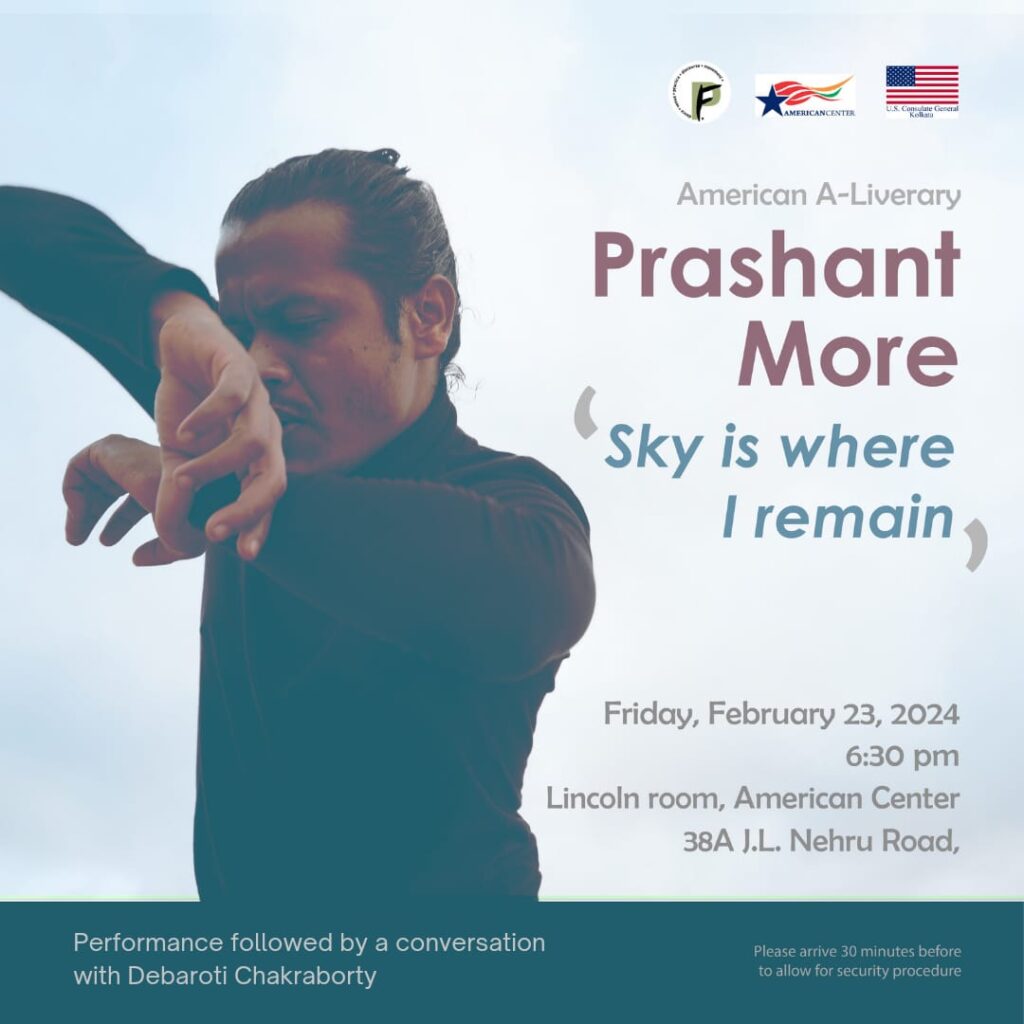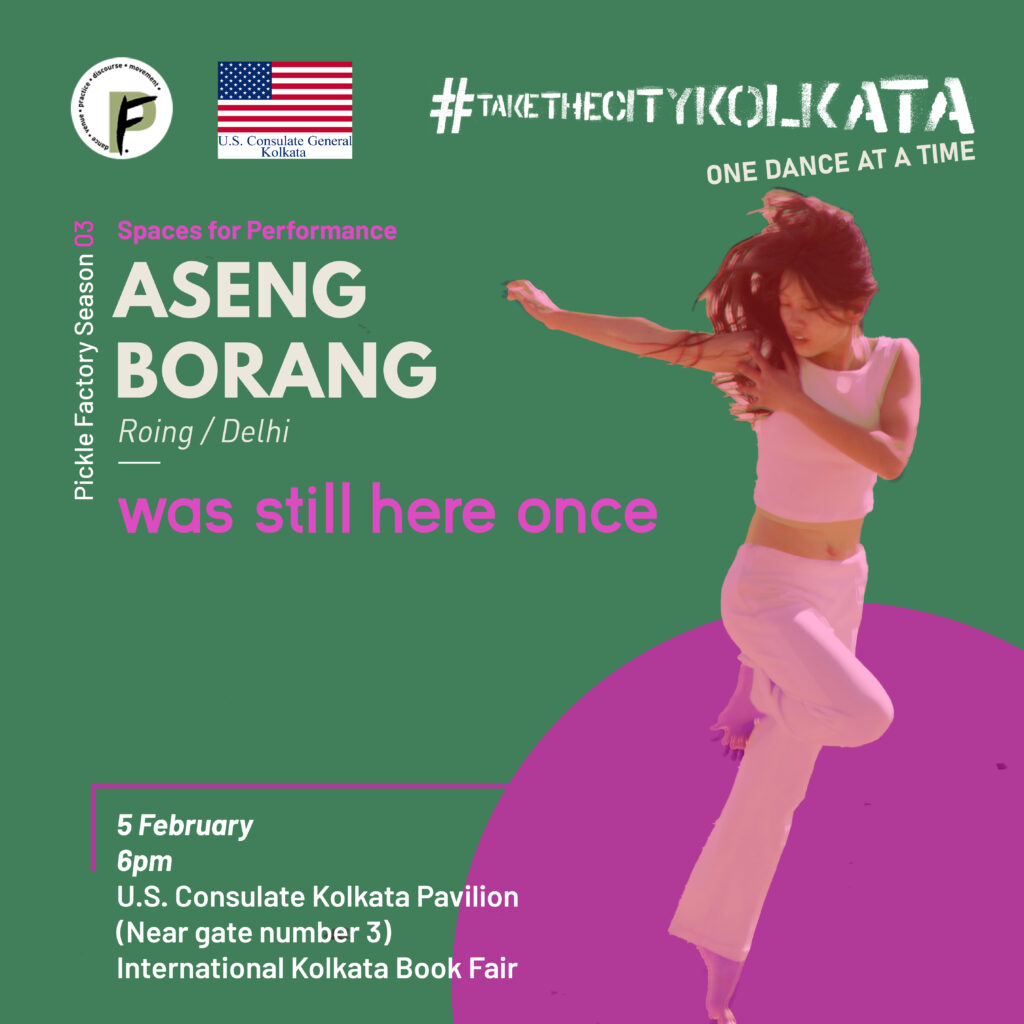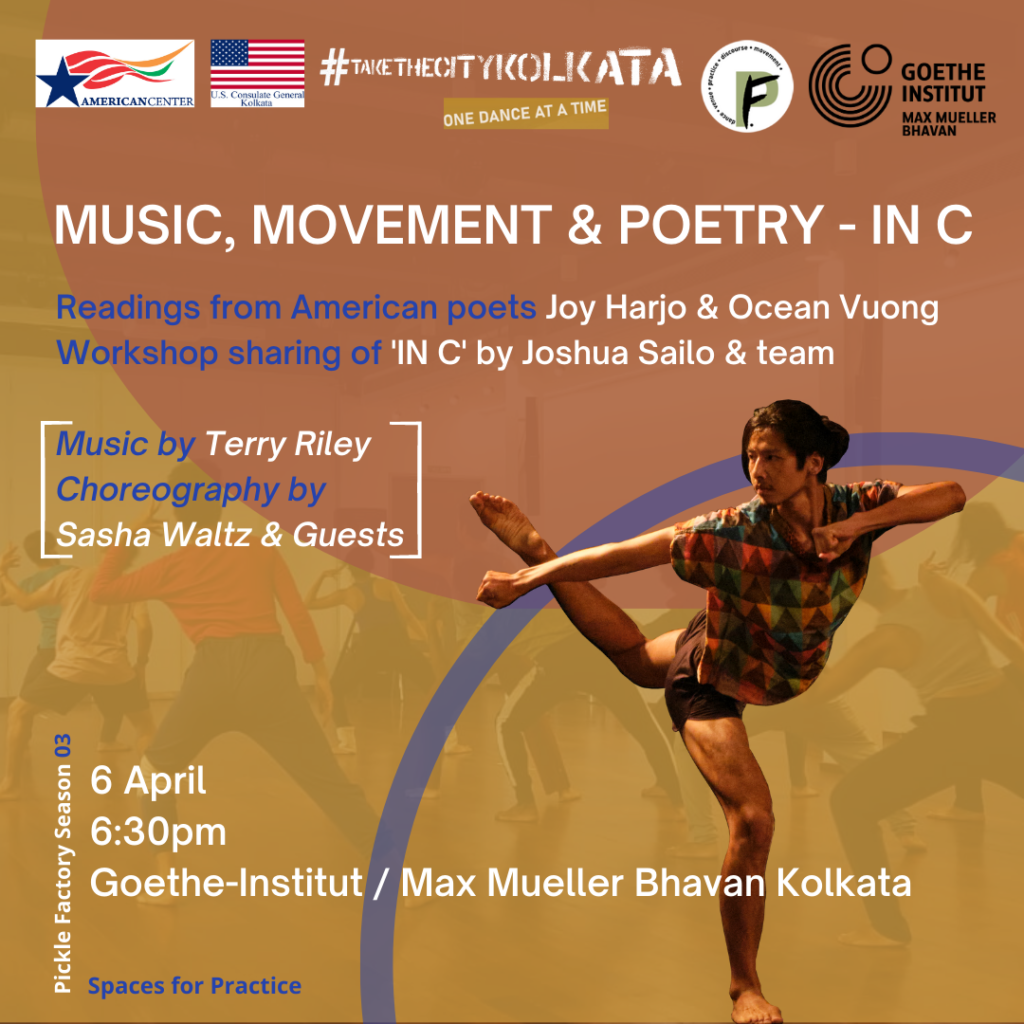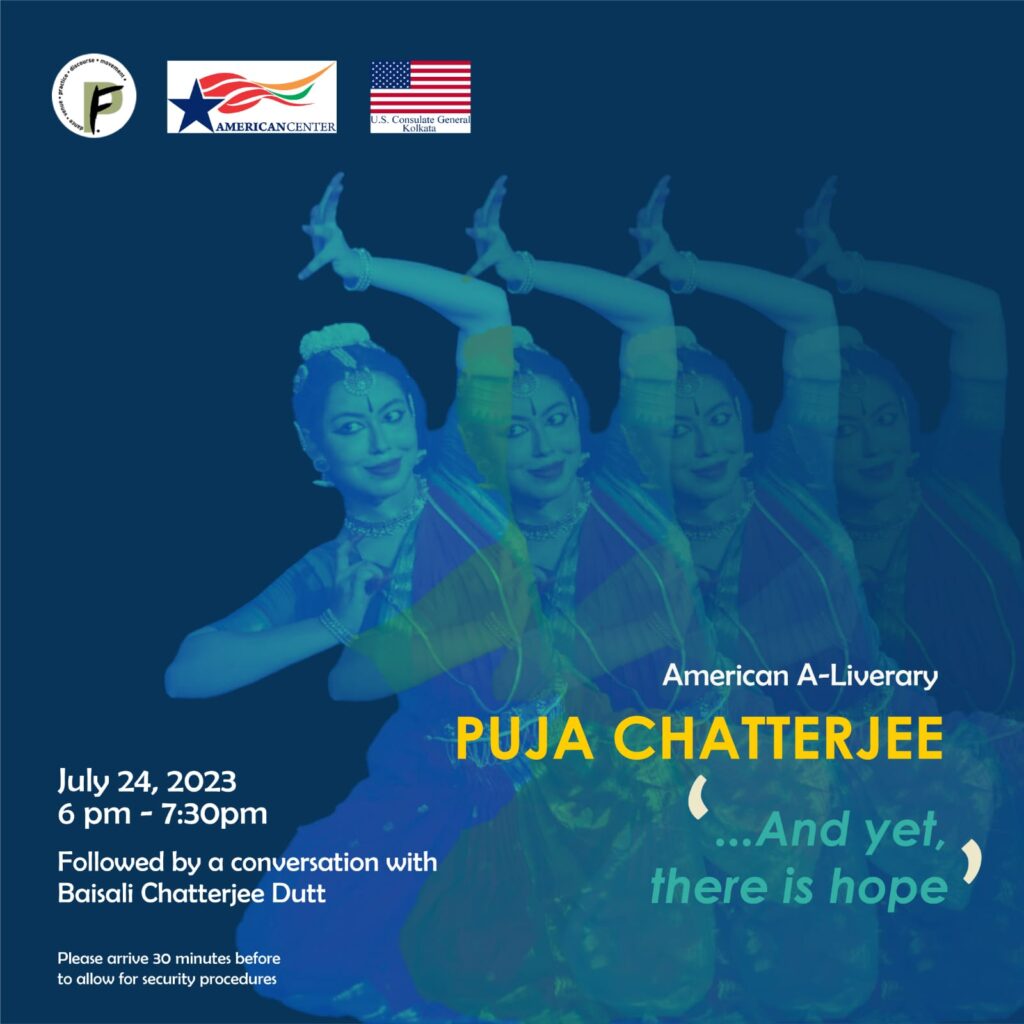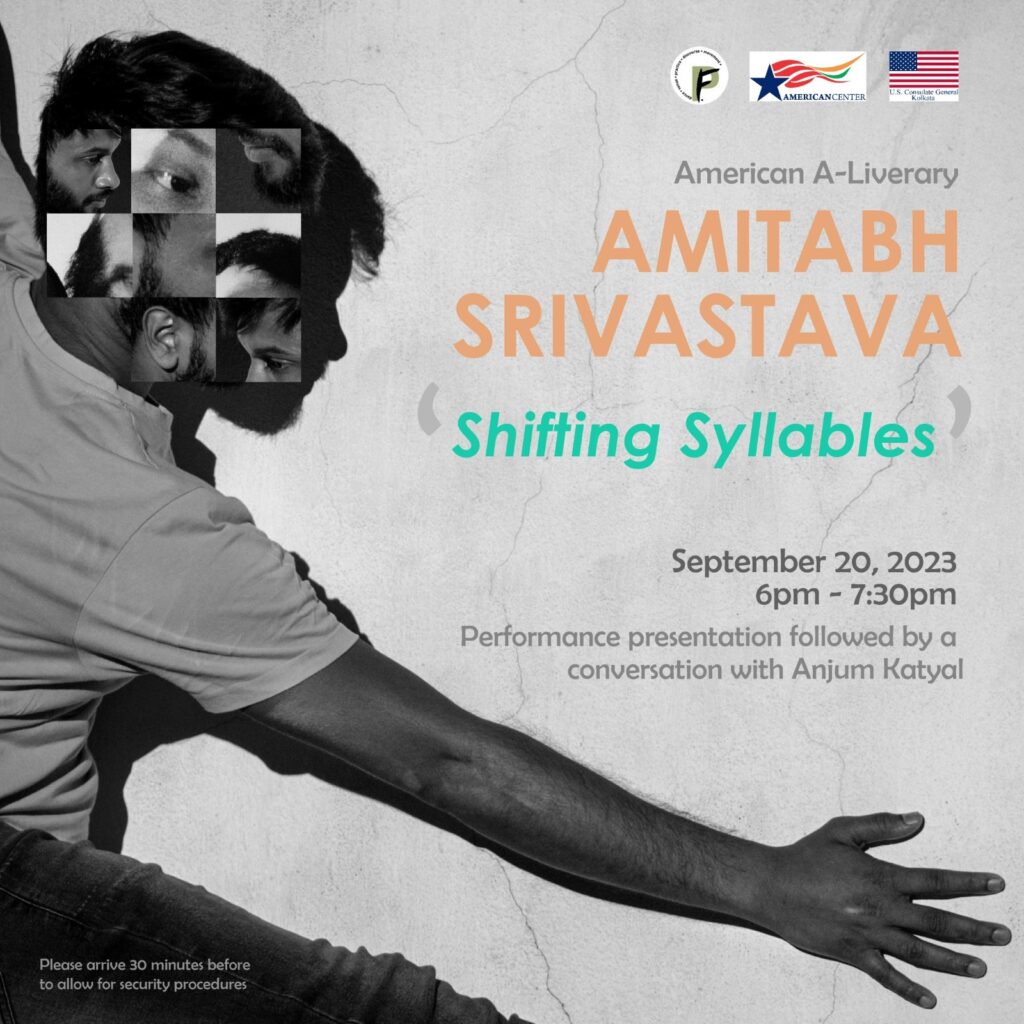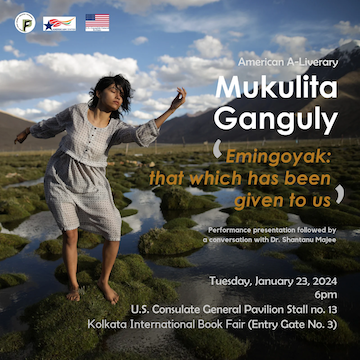What is it
about ? ![]()
Libraries are storehouses of imagination, knowledge, wonder, and emotional power. They house and protect every facet of experience across time, space, and cultures, and offer a safe place for very different ideas and perspectives to exist together. Often, though, libraries and reading can come across as silent, strict, solitary and disciplined spaces with very little room for play – only the serious pursuit of learning happens here!
American A-Liverary intends to disrupt this notion and definition of seriousness with serious play. We invite multidisciplinary performance artists from Calcutta and elsewhere to create a performance intervention in response to writing coming out of America that reflects the complexity and diversity of that country; something that will resonate with the complexity and diversity we find in India, along with the associated pleasures and perils. Each performance is an opportunity to approach and reflect on various themes that may connect India and the United States in similar and dissimilar ways. Each performance is followed by a facilitated conversation between the artist and audience.

